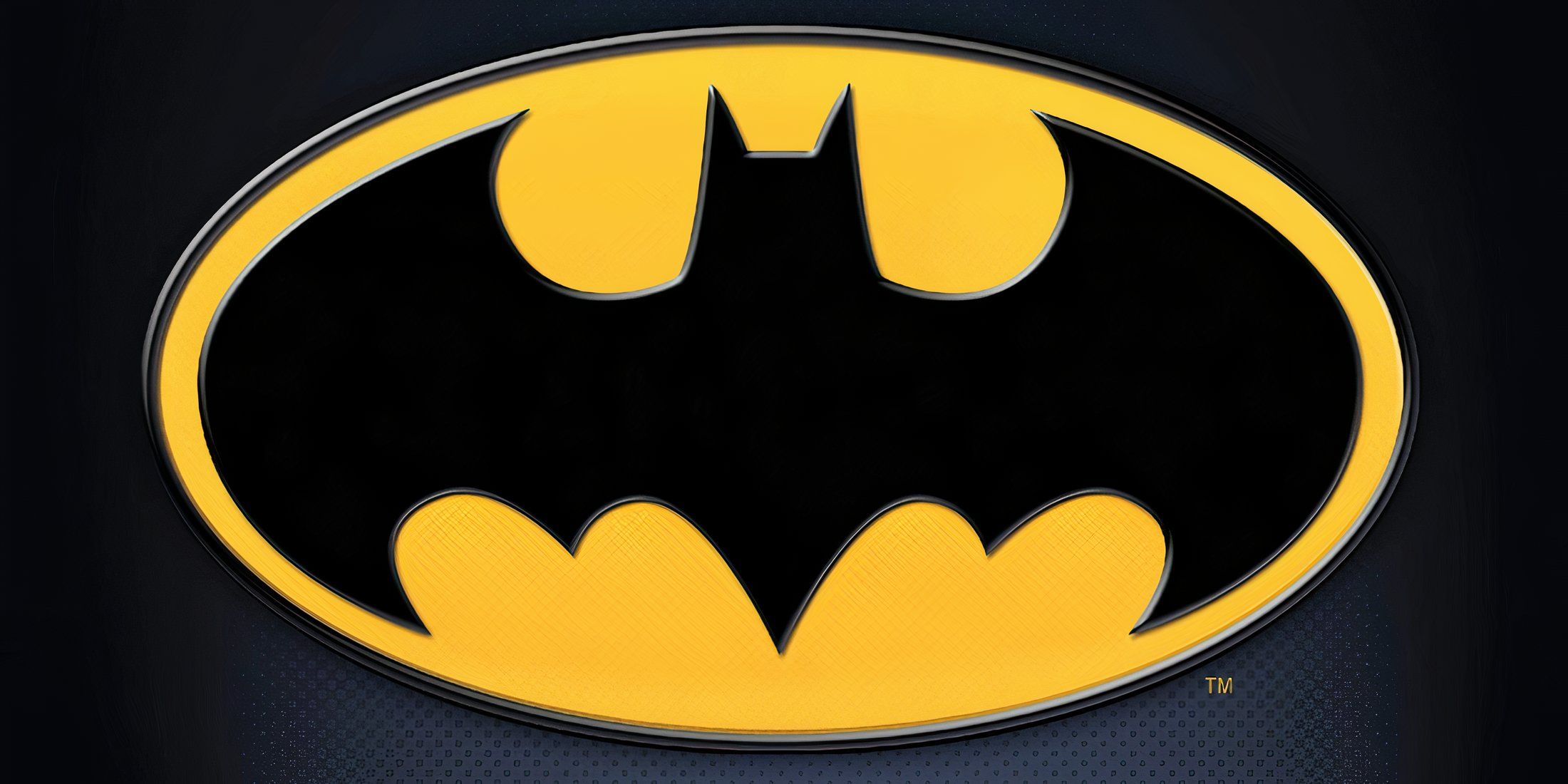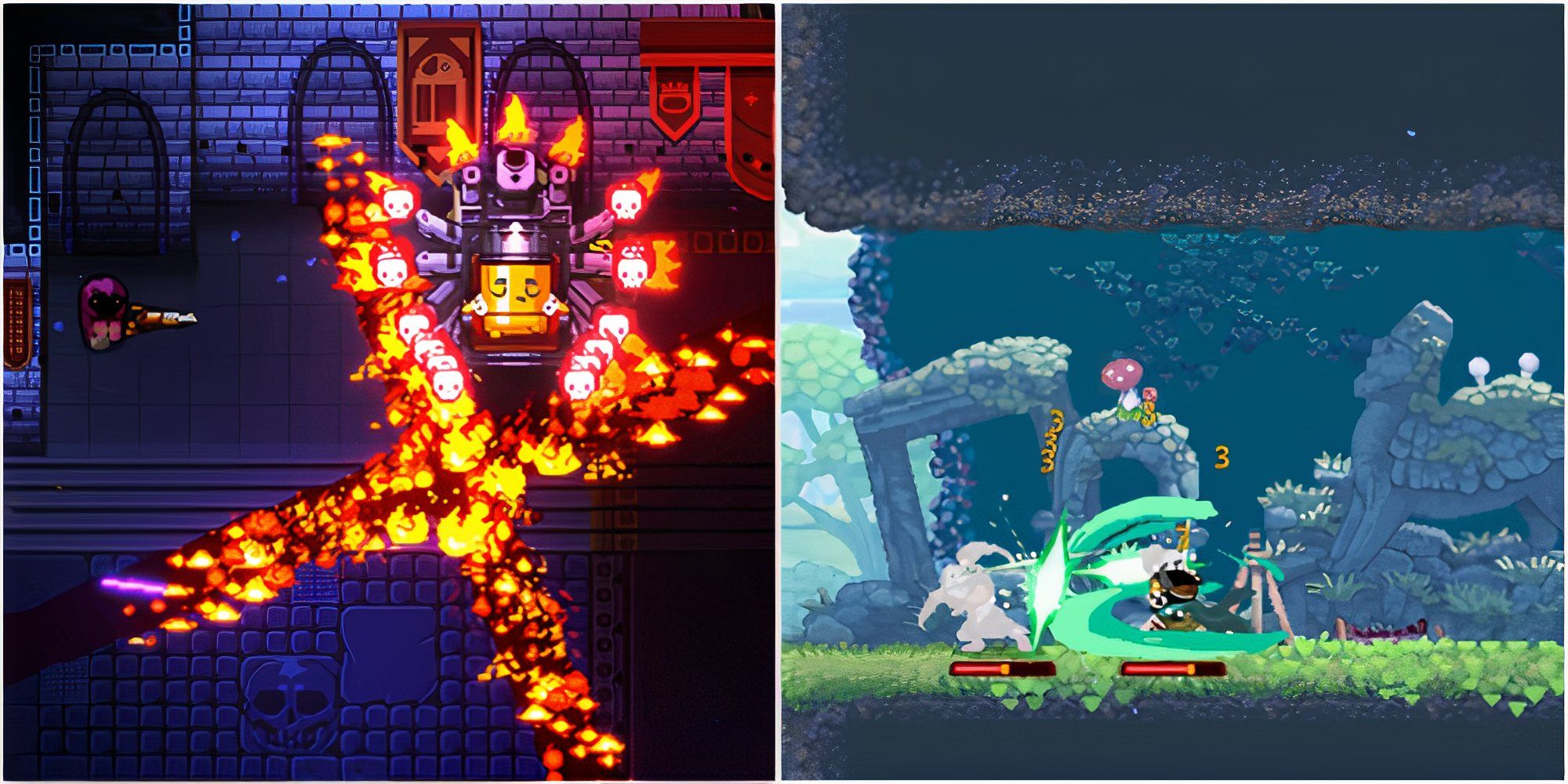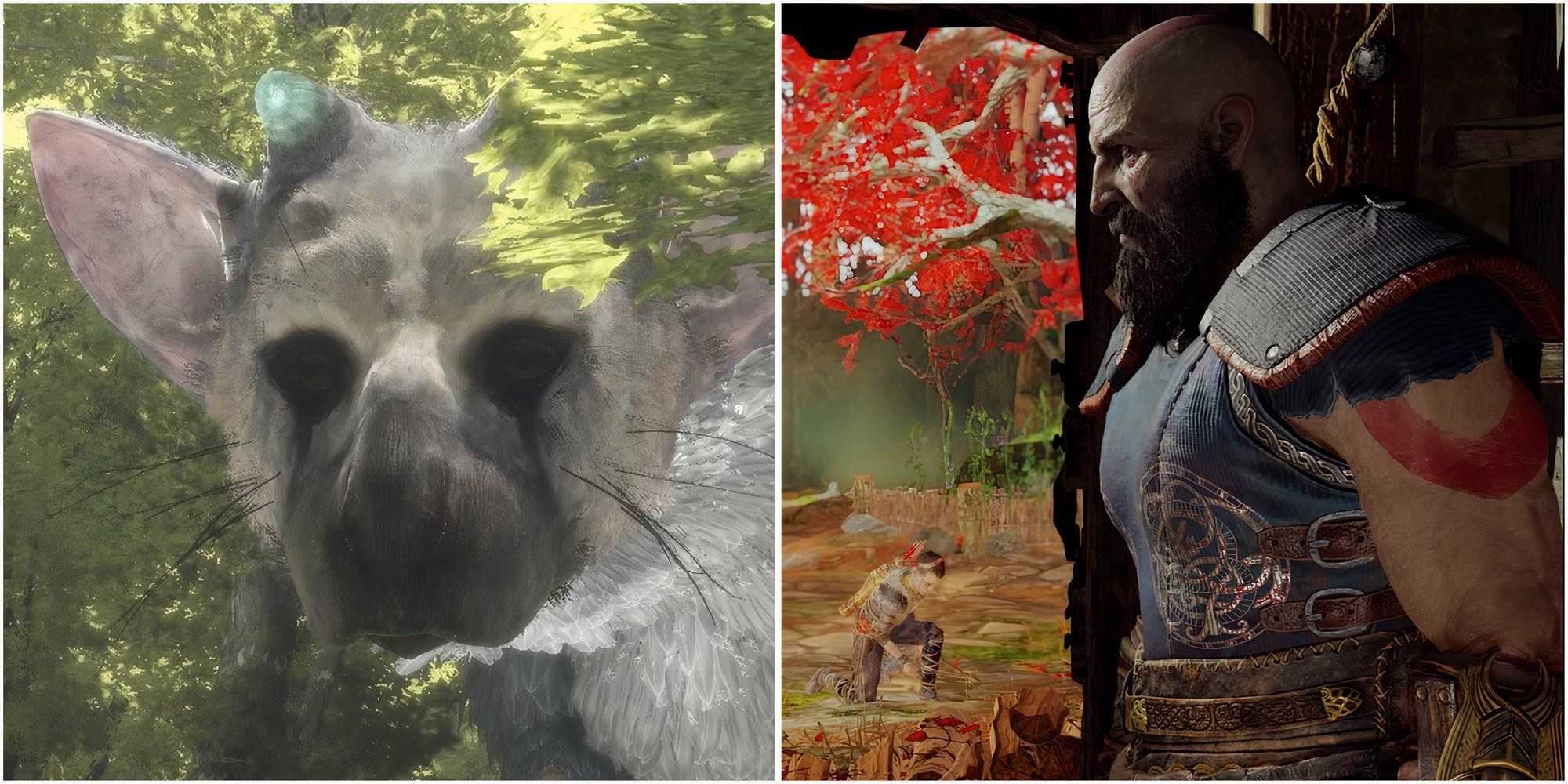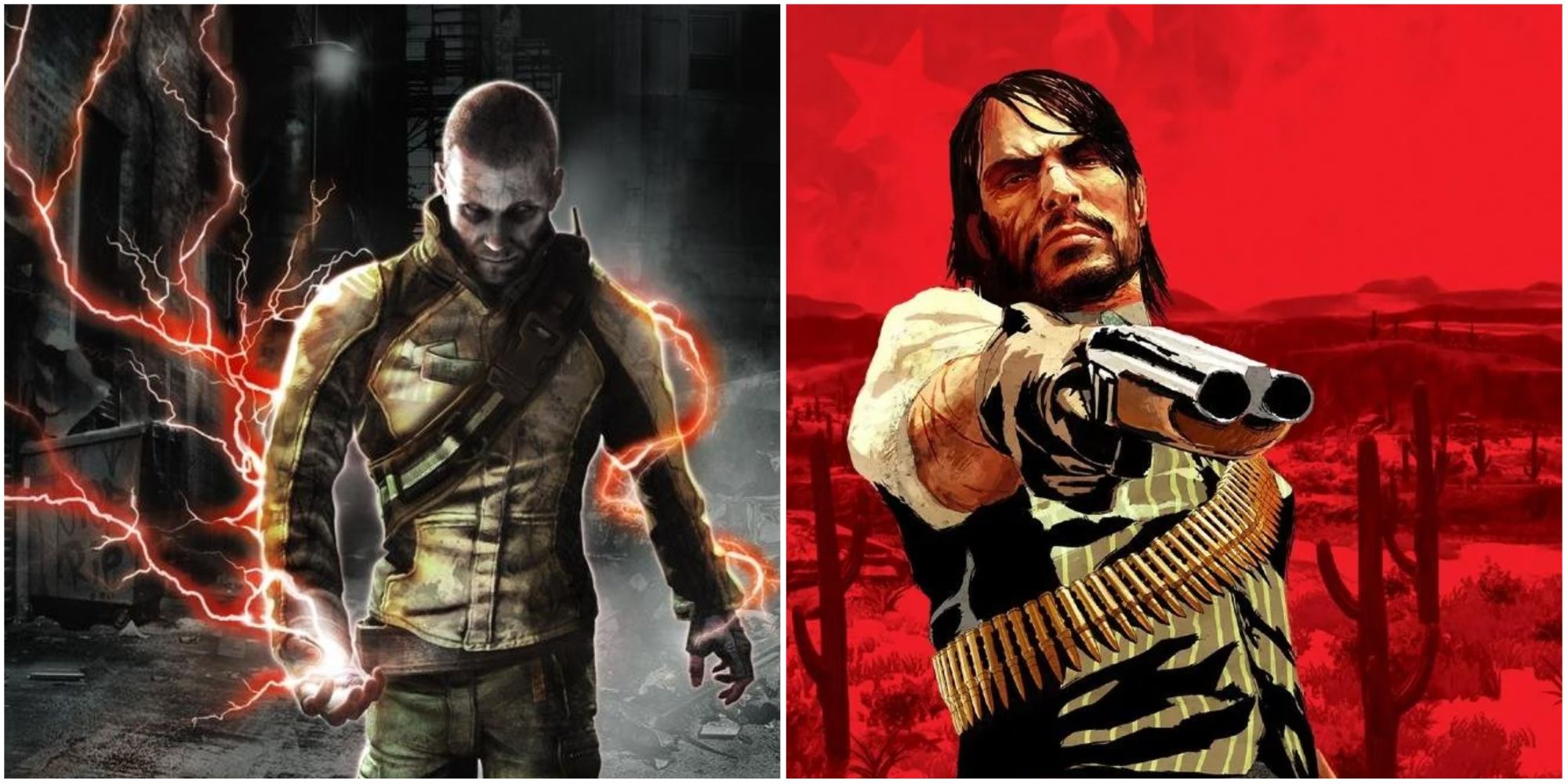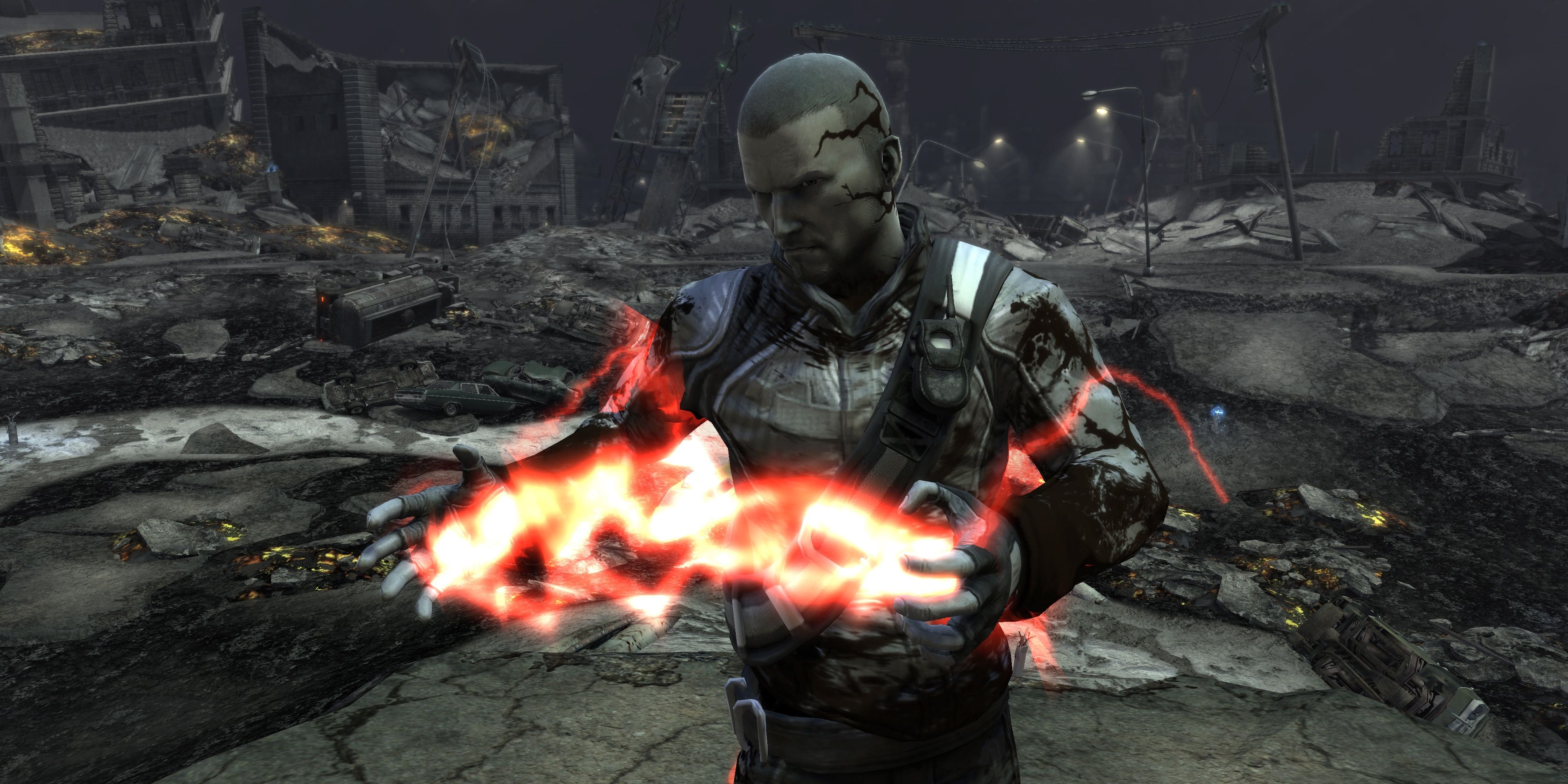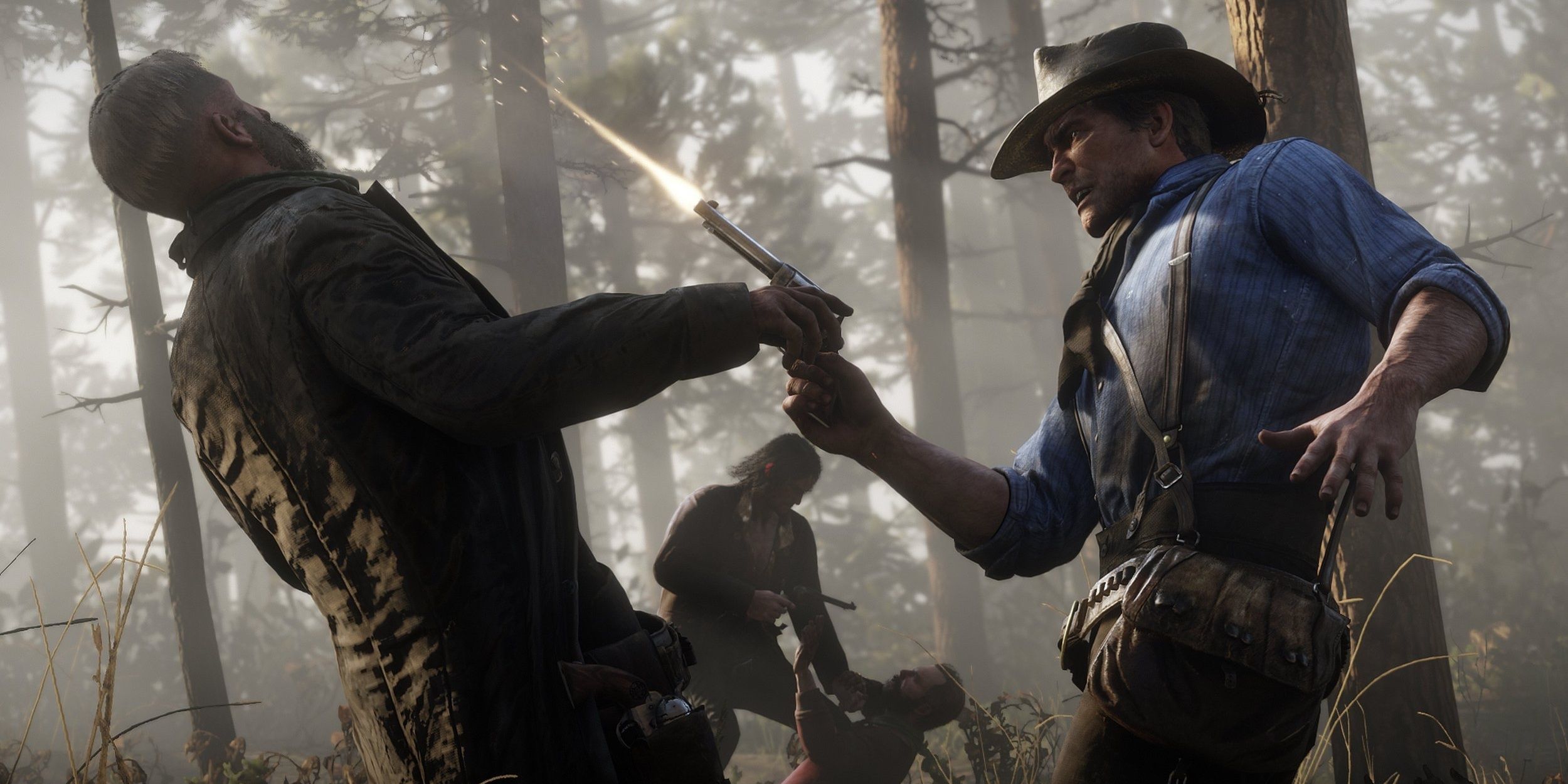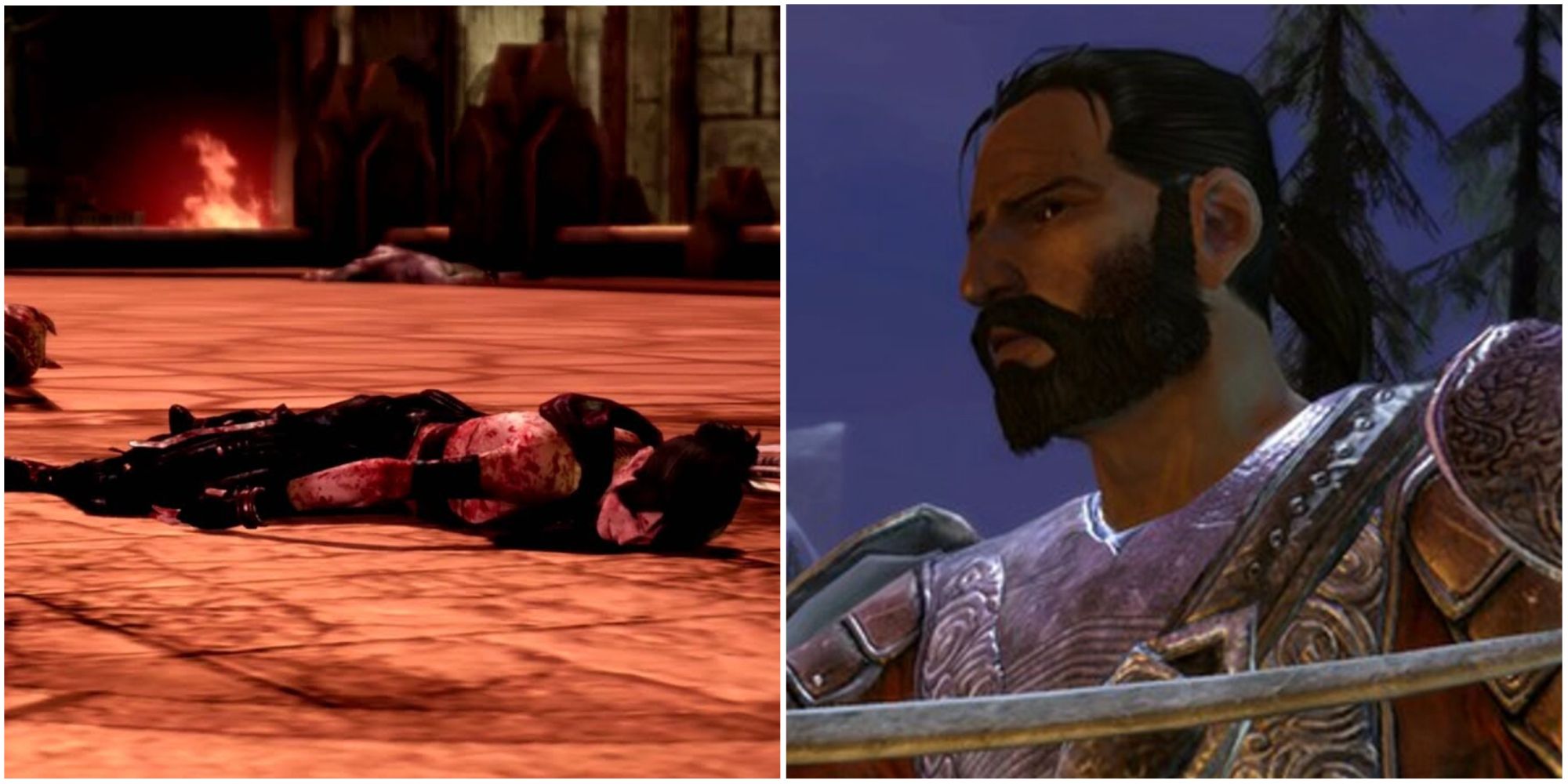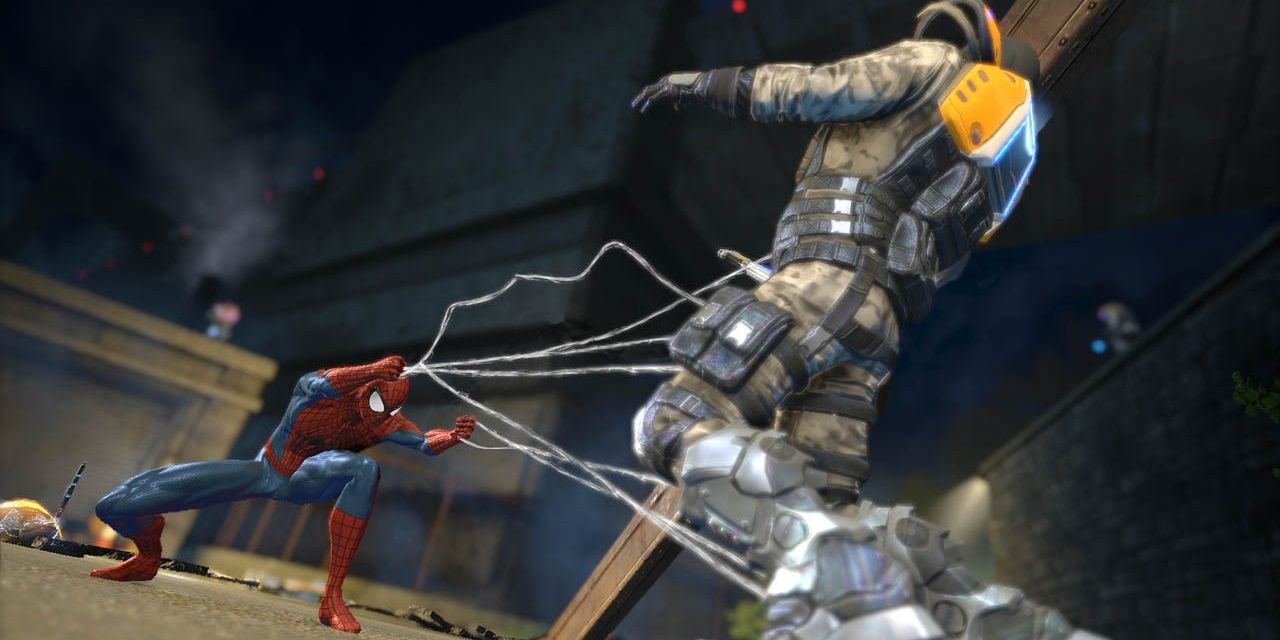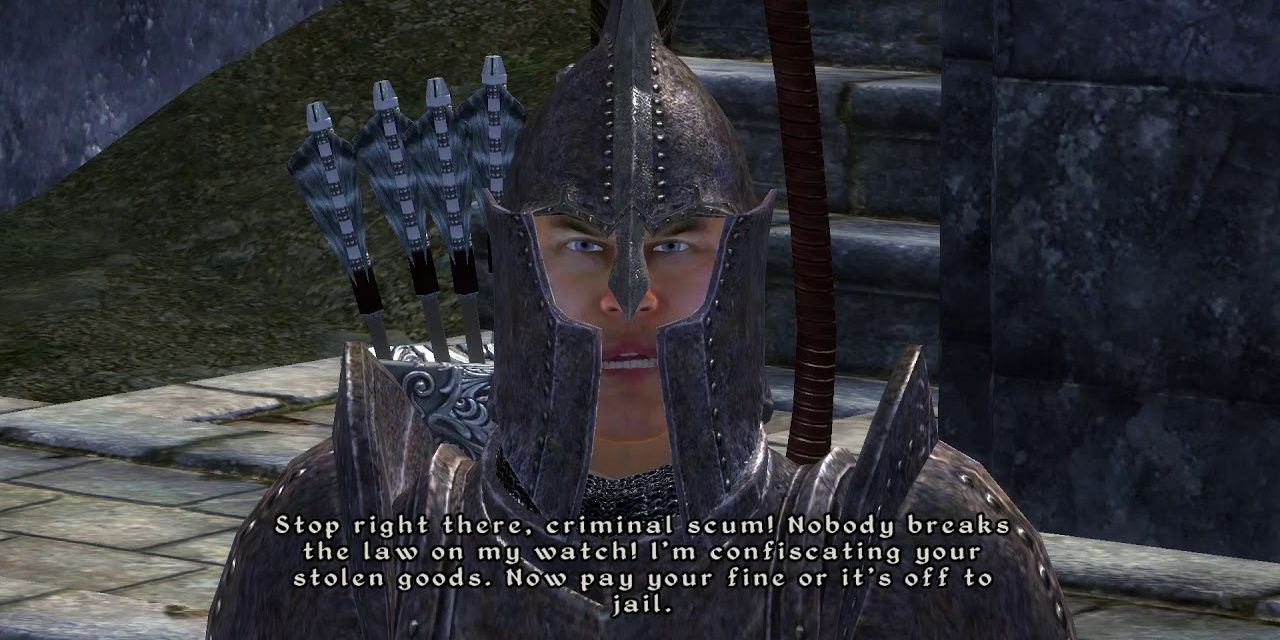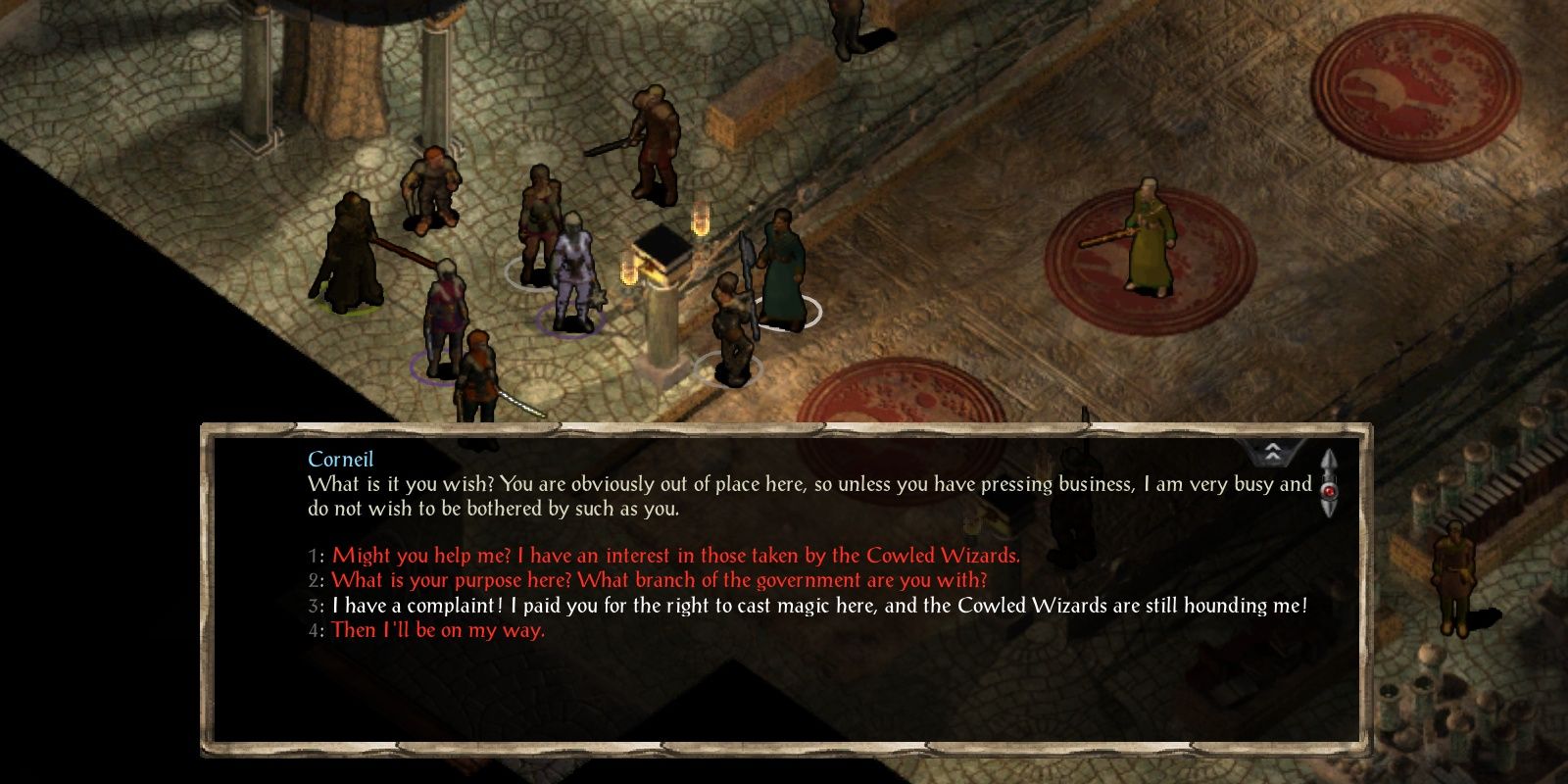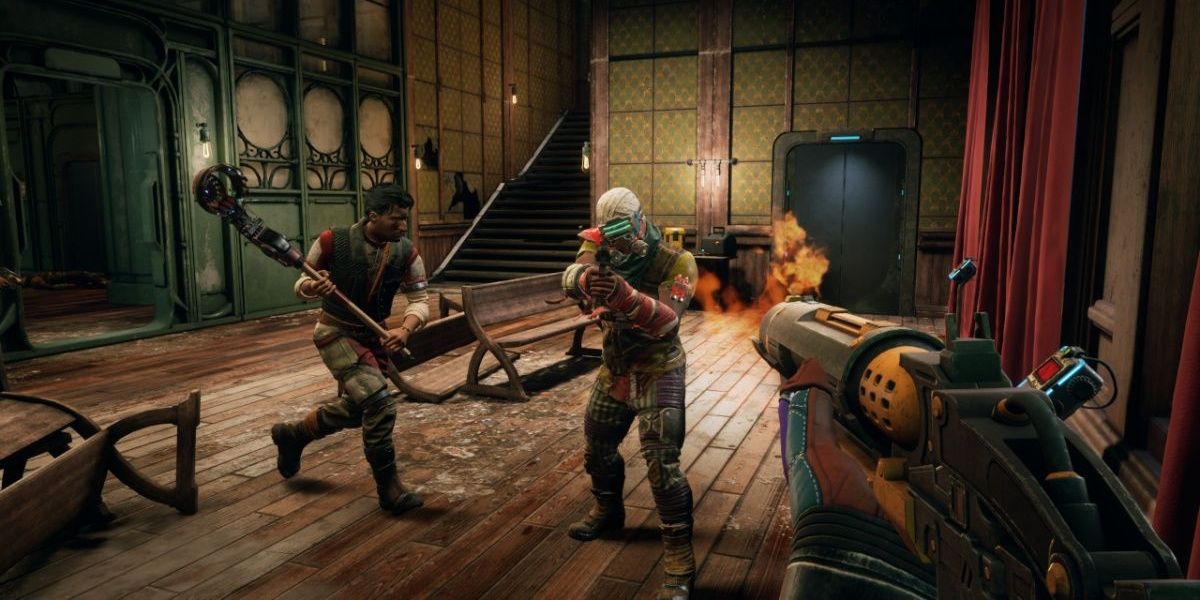Interactivity is among the cornerstone of gaming, so many titles offer choices to players. These determine how to behave or handle a given situation. The developers then weave these decisions into a morality system. Afterward, players must face the karmic consequences.
Villainous choices, for instance, can result in hatred from in-game denizens. This then hinders player progress. This animosity can be a natural outgrowth of the world. On the other hand, developers sometimes build the story around a more altruistic character. Some say that nice guys finish last, but others in the game industry are driven to prove that wrong.
7 Infamous
With great power comes great responsibility. Infamous gives protagonist Cole MacGrath a plethora of electrical abilities. How he uses those abilities is up to players. If he acts like a supervillain, though, the game treats him like one.
The evil path is a more hostile experience all around. Siphoning innocent people and paying no mind to the greater good causes the populace to turn on Cole. Bystanders shout and throw trash at him, which is in ample supply since his actions plunge the city into further decay. These create problems for climbing and navigation. In this case, it's better to be loved than feared.
6 Red Dead Redemption
Many players likely go into the Red Dead games to be a ruthless gunslinger. If they do so, though, they should be prepared to face the consequences. Of course, this is another instance of the townsfolk reacting poorly, but the games pile numerous other costs on top of that.
Outlaws have it more difficult in the Old West. They face higher prices for items and lower rewards for odd jobs and bounty hunts. If they act up too much, they rack up a bounty themselves.
As inconvenient as this is, it's not nearly as affecting as the narrative repercussions in Red Dead Redemption 2. Protagonist Arthur Morgan's legacy hinges on his honor. Selfish greed leads to an unceremonious death, and the other characters don't reflect as fondly on his life. This paints a more nihilistic narrative in the end.
5 Dragon Age: Origins
Many BioWare titles tout player choice impacting story and character dynamics, but perhaps none has consequences more personal than the first Dragon Age entry. As a Grey Warden, the player sets out to save the realm from the Darkspawn invasion. Aiding in the quest is a requisite fellowship of fantasy archetypes. However, their faith isn't unshakable.
Being a selfish despot puts people off. This affects how not only strangers view the hero, but party members as well. Failing to consider their input or forcing them to compromise their morals lowers their opinion of the player. They eventually pack up and leave, even on the eve of the final battle. Needless to say, this makes victory more difficult to achieve. Other Dragon Age entries also deal with esteem within the party, but none yield costs more tangible than this.
4 The Amazing Spider-Man 2
This is essentially a more frustrating version of the Infamous system. Like countless Spider-Man games before it, this movie tie-in gives the web-head an open-world New York City to swing around. This world comes with crimes to stop and people to save. Rather than making these an optional side activity, though, The Amazing Spider-Man 2 tries to force players to complete these repetitive side missions. Doing so improves the hero's public image.
The catch is that his reputation constantly deteriorates, meaning he must constantly perform good deeds. If not, then law enforcement sees him as a menace and sends killer robots to shoot him down. Basically, he can become the most wanted villain in the city by simply standing still.
3 The Elder Scrolls 4: Oblivion
Although this Elder Scrolls tale is heroic, Oblivion also has many unscrupulous career paths. Chief among these are the wealth of assassination and thieving quests. These are the surest method of rising in infamy.
That stigma sticks with players all over Tamriel. Onlookers lob a heap of insults at them, and guards may even attack them on sight. It doesn't matter how good one's disguise is. Maybe that's the reason that the Dark Brotherhood and the Thieves' Guild stay hidden. Their actions all end in ostracization.
2 Baldur's Gate
Social standing alters the role-playing aspects of Baldur's Gate in several small ways, but they all add up. A low reputation blocks off certain powers, such as healing. This would be bad enough, but it gets worse for the Ranger or Paladin class. Evil choices here can cause these characters to become "Fallen," which means they can't access abilities exclusive to those classes.
Beyond the customization drawbacks, a bad reputation also affects how the larger world treats the player. Some allies may leave the party if they don't agree with the leader's decisions. In addition, NPCs are less willing to converse with villains. This leads to more expensive items and blocking off some quests. Worse of all, guards or bounty hunters occasionally attack the group on their journey. In short, if heroes don't play the part, then Baldur's Gate makes their lives more difficult on all fronts.
1 The Outer Worlds
This space adventure boasts multiple morality meters. The Outer Worlds features several factions across numerous planets. Each of these groups forms its own judgment of the protagonist.
How they treat the hero depends on the benefits (or detriments) said hero brings to the faction. Killing members is an easy road to their bad side. However, players can also complete quests in ways that cost a particular faction, as many missions emphasize helping one side or the other.
Negative outcomes for a faction obviously results in negative treatment. This mostly comes in familiar forms like vendor price hikes and occasional insults. That said, causing enough trouble causes faction members to kill the hero on sight, effectively barring players from visiting their towns and settlements. Basic travel then becomes more cumbersome. Players may not be strictly evil, but these factions definitely see them that way.

